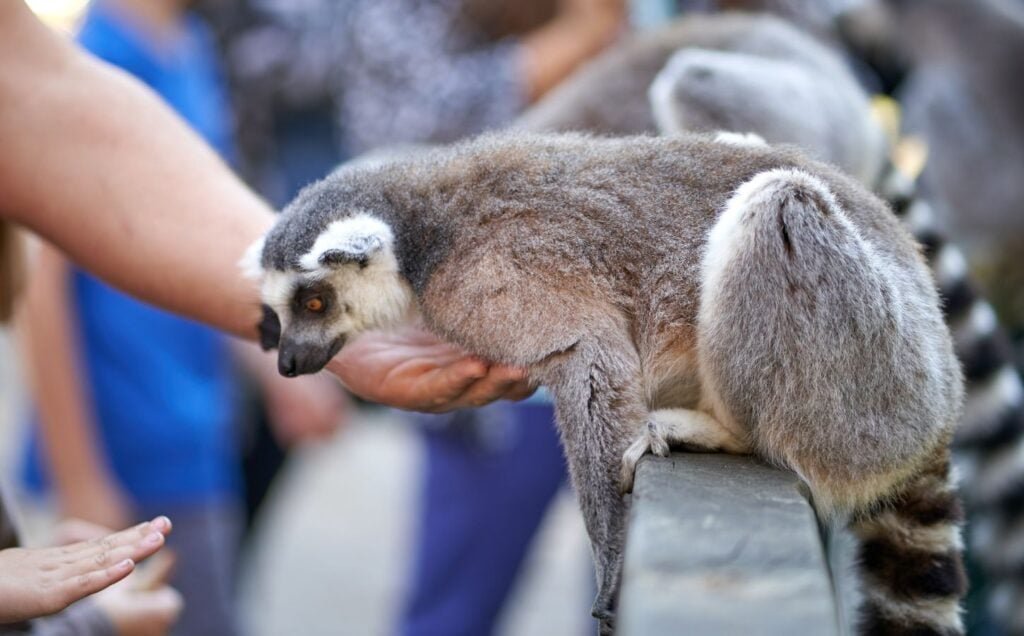Several animals, including critically endangered lemurs, have died after seemingly contracting tuberculosis (TB) at a Madagascar zoo.
According to National Geographic, eight black-and-white ruffed lemurs, one sifaka, and one fossa have died from presumed cases of the disease at Tsimbazaza Zoo and Botanical Park in Madagascar’s capital, Antananarivo.
It is thought that they caught it from human handlers or visitors to the zoo. The infectious disease has never been found in lemurs in the wild but is widespread among humans in Madagascar.
Ruffed lemurs and sifakas are critically endangered, while fossas are vulnerable to extinction.
The zoo remains open to the public. But Jonah Ratsimbazafy, a Malagasy primatologist, is calling for it to close immediately. He highlighted the possibility that the animals could transmit the disease to humans. He has also urged the zoo to work with medical experts to control the spread.
“It is not known if these animals can transmit the disease to one another or to humans,” he said. “We know that humans can transmit TB to lemurs and suspect that the animals acquired tuberculosis from humans that they are—or have been—in close contact with.”
Ratsimbazafy said that euthanasia may be necessary to control the spread. He also advised against taking more lemurs from the wild to replace those lost.
‘Animals pose different and unknown risks’
Zoos are unnatural environments for animals, and animal rights groups have long campaigned against their continuation.
Captive animals are regularly observed swaying, pacing, and even engaging in self-mutilation. These behaviors are often attributed to stress.
According to one study, they stem from “the frustration of natural behavior patterns, impaired brain function, or repeated attempts to deal with some problem.”
But they are also at risk of physical diseases, as the latest outbreak of TB demonstrates.
It’s not an isolated incident. In 2021, a number of reports stated that zoo animals, including hippos and hyenas, had contracted COVID-19.
When captive animals contract diseases, it is not only concerning for their health but the health of humans too.
Diego Diel, a veterinary medicine professor, told National Geographic last year: “As soon as you have more than one species that can maintain and transmit a virus, that has significant implications in control strategies and prevention strategies as well.”
He added: “Animals pose different and unknown risks.”






